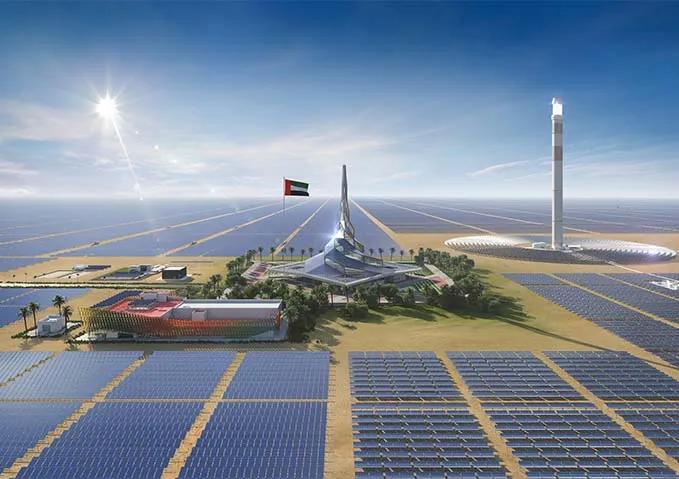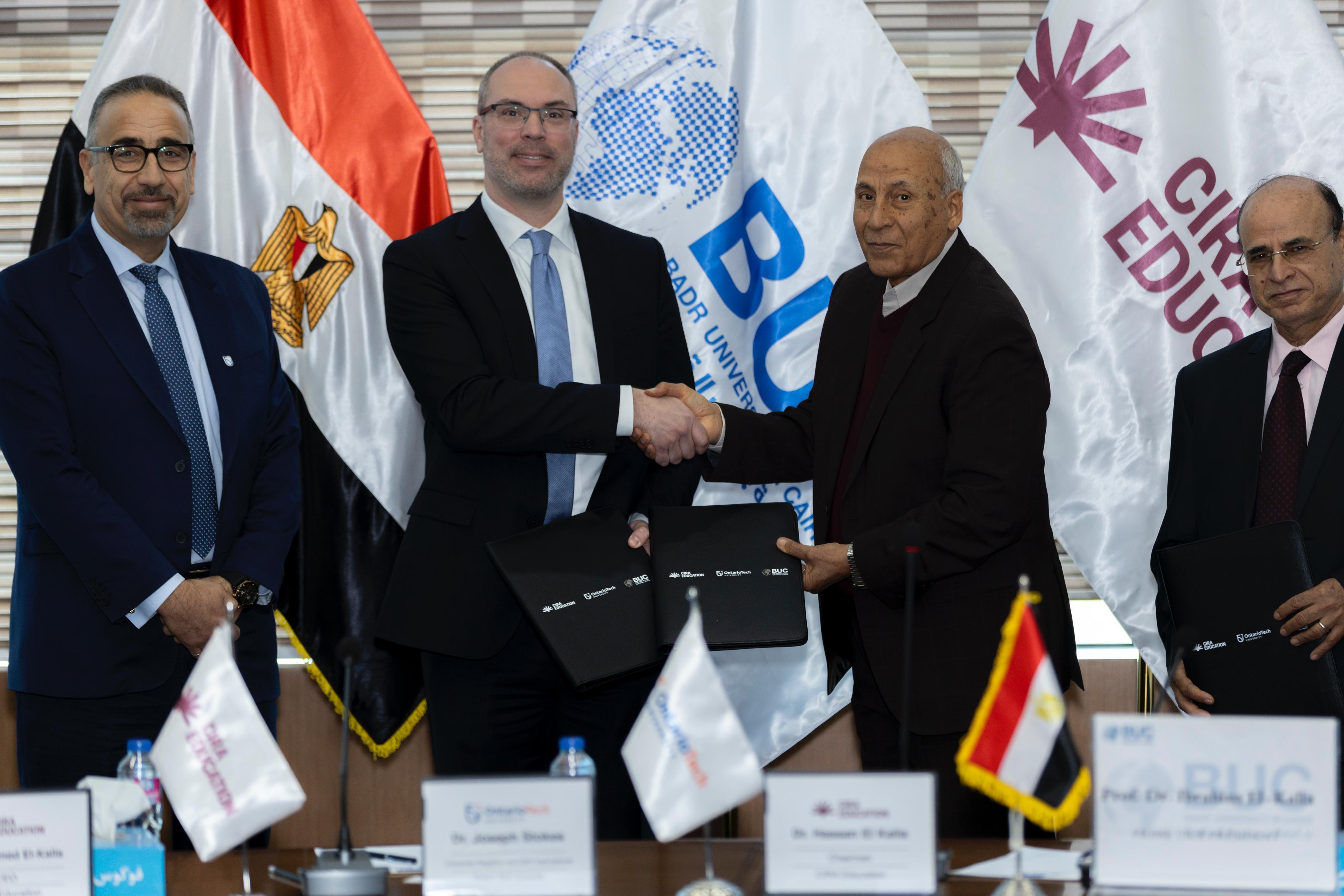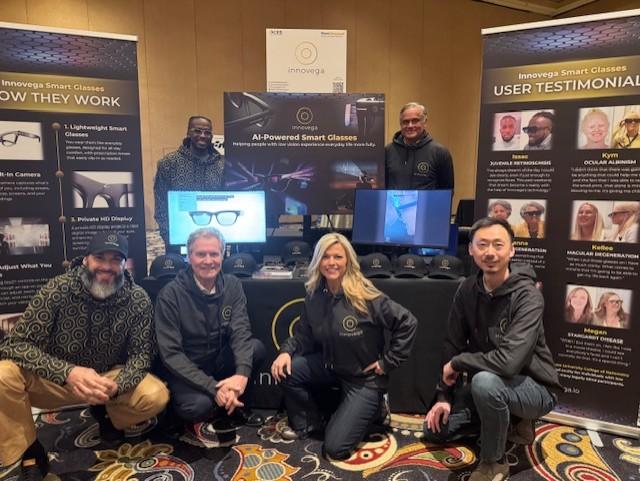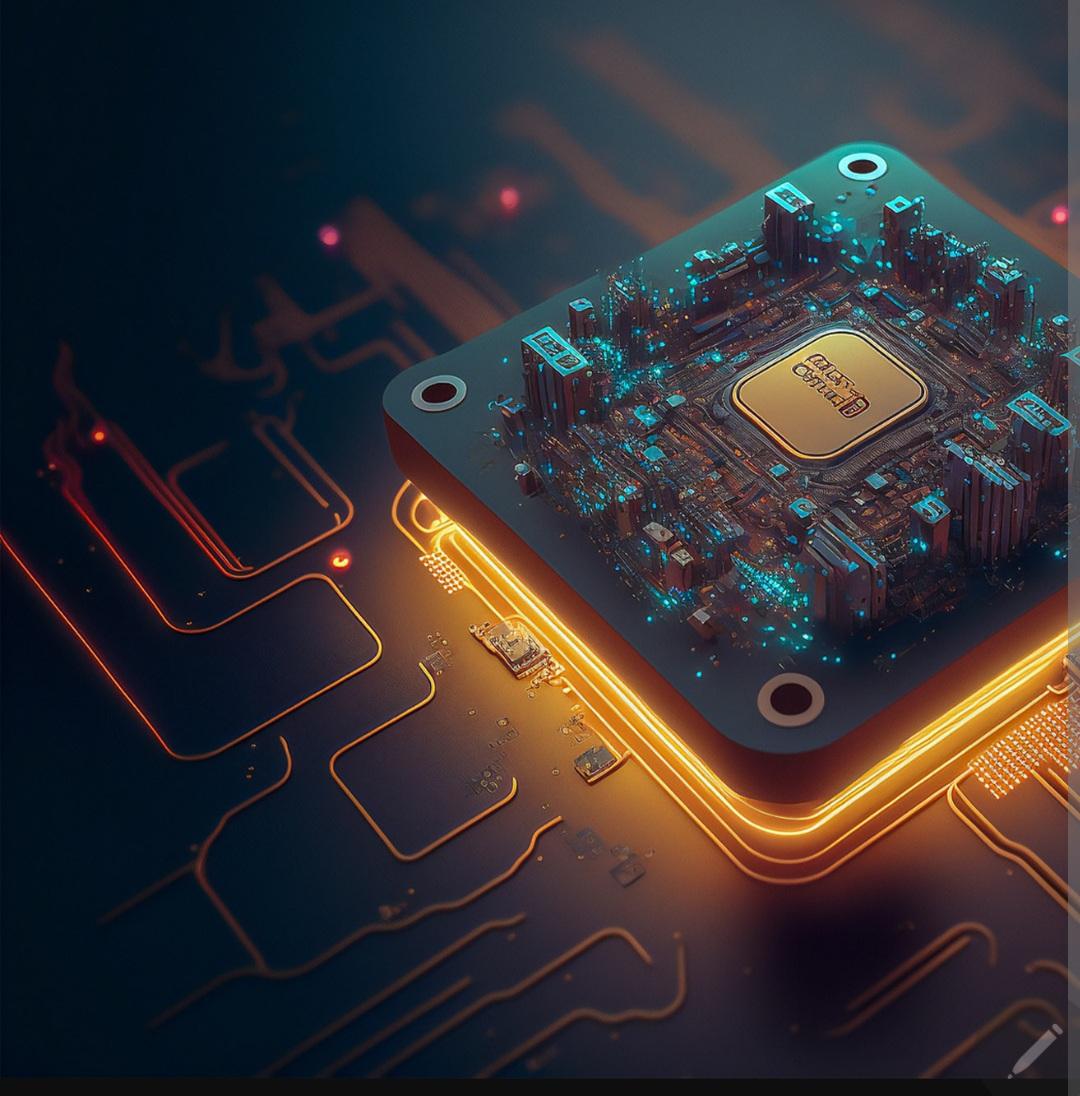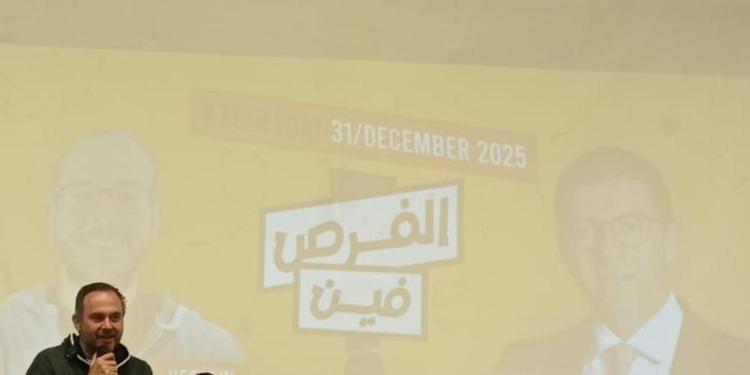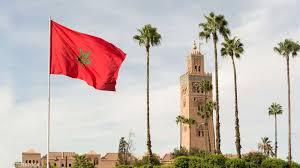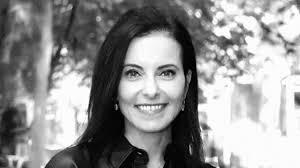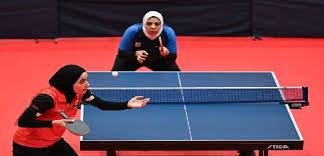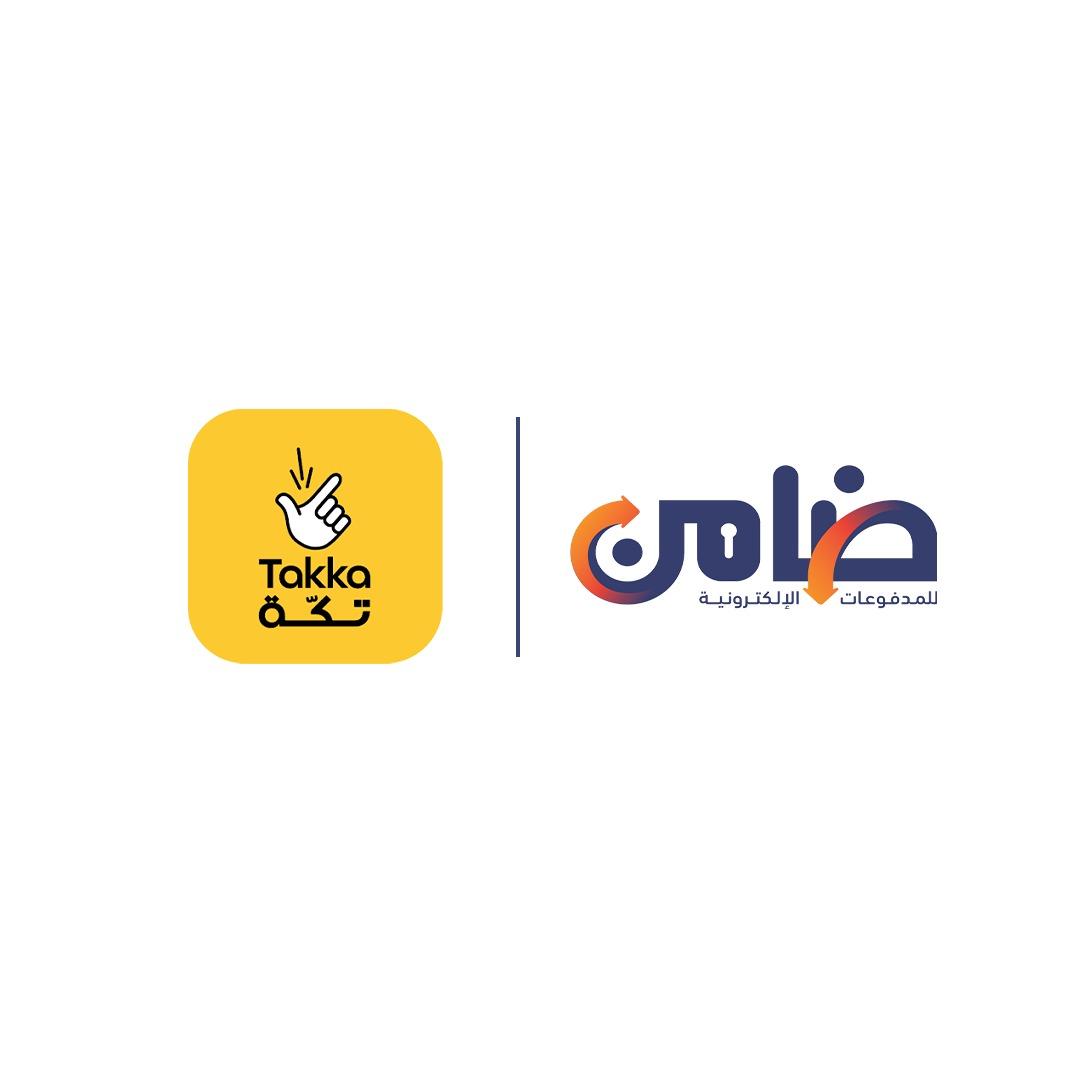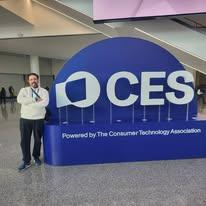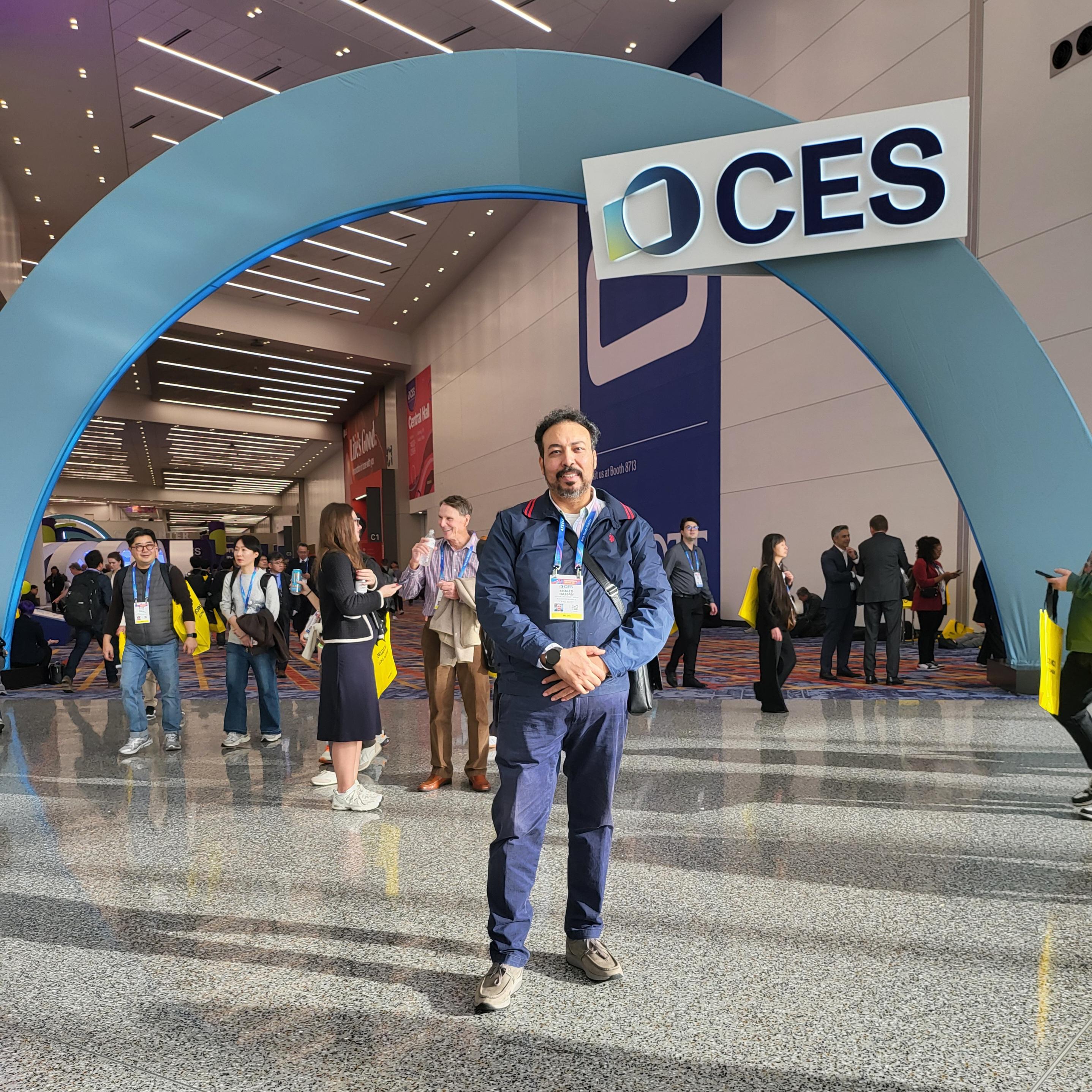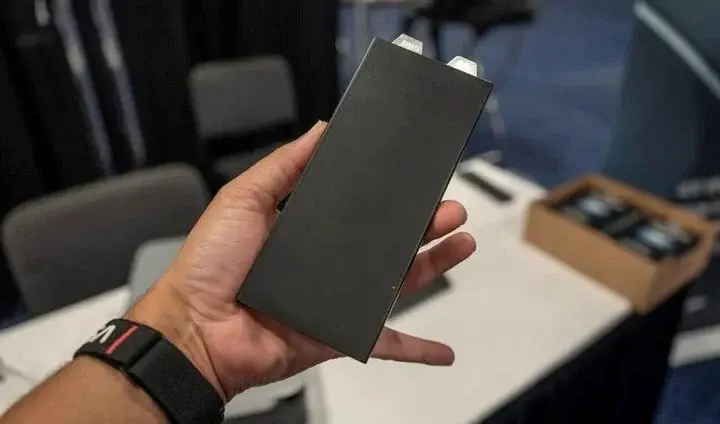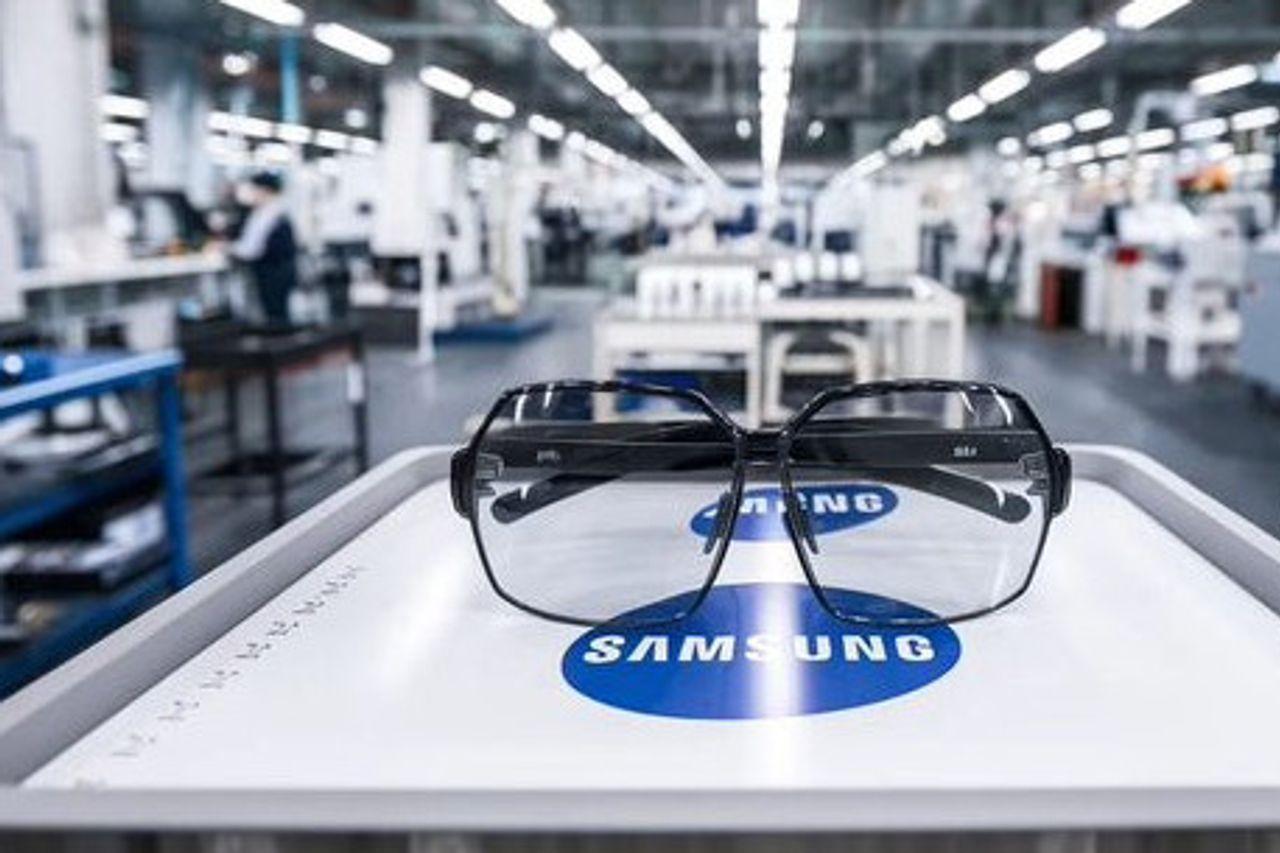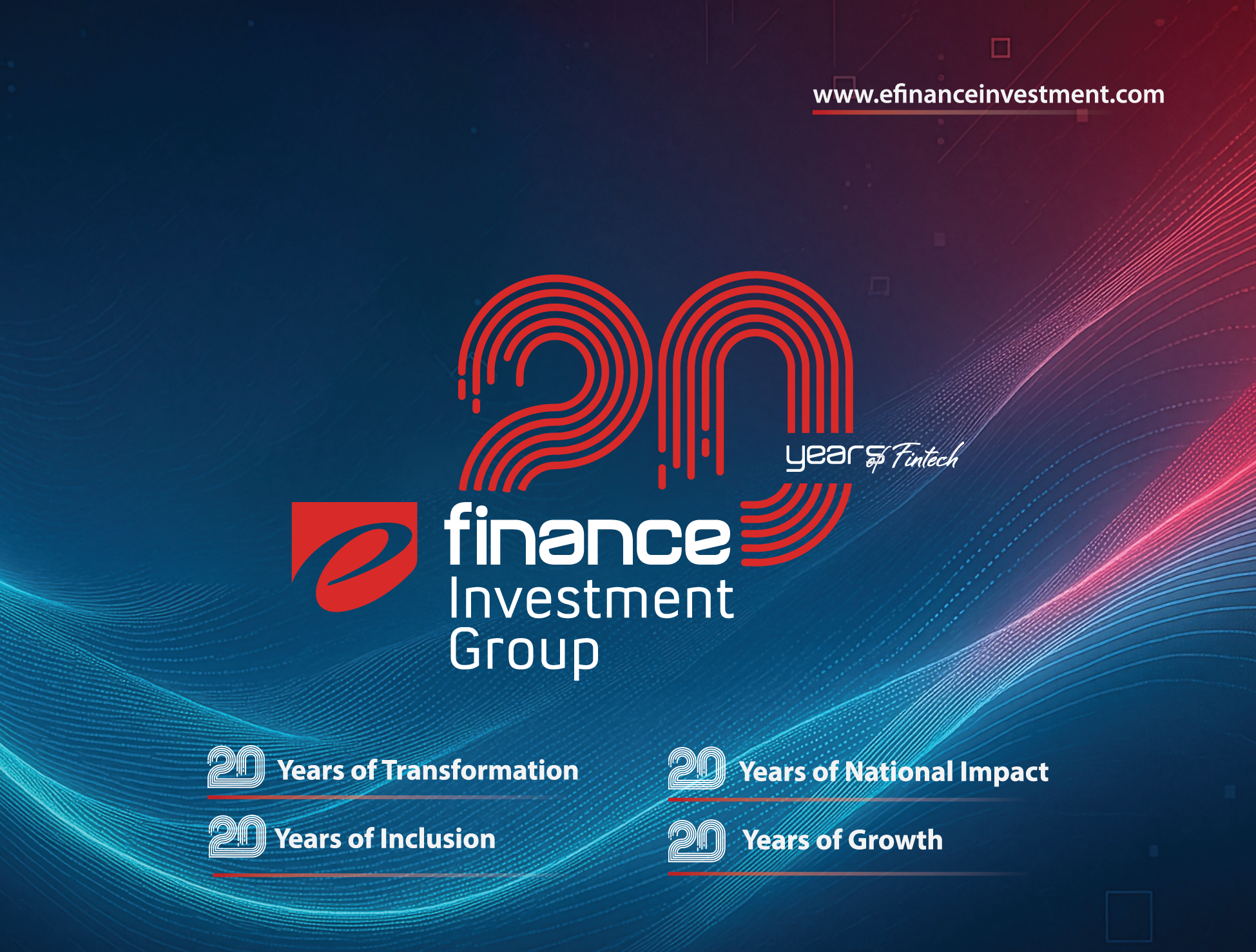By : Bakinam Khaled - Mohamed Ettar
In October 2022, the UAE launched its strategic initiative for net-zero emissions by 2050, to become the first country in the Middle East and North Africa to undertake such a strategic initiative. Dubai also launched the Net Zero Carbon Emissions Strategy 2050 to provide 100% of Dubai’s total power capacity from clean energy sources by 2050. One of the most extensive clean and renewable energy projects that Dubai Electricity and Water Authority (DEWA) is implementing to achieve this target is the Mohammed bin Rashid Al Maktoum Solar Park, the largest single-site solar park in the world. It has a planned capacity of 5,000MW by 2030 with investments up to AED 50 billion. When completed, the solar park will reduce over 6.5 million tonnes of carbon emissions annually.
HE Saeed Mohammed Al Tayer, MD & CEO of DEWA, said that the regulatory frameworks in Dubai, which enable the private sector to take part in energy production projects in Dubai, have encouraged international investors and developers to participate in the Mohammed bin Rashid Al Maktoum Solar Park’s projects, which DEWA is implementing using the Independent Power Producer (IPP) model. He noted that DEWA has attracted investments of around AED 40 billion through this model in public-private partnerships. DEWA received the lowest solar energy prices (Levelised Cost of Energy) globally five consecutive times, making Dubai a global benchmark for solar power prices..
“At DEWA, we work in line with the vision and directives of His Highness Sheikh Mohammed bin Rashid Al Maktoum, Vice President and Prime Minister of the UAE and Ruler of Dubai, to promote sustainability and innovation and transform into a sustainable green economy. This is achieved by increasing the share of clean and renewable energy in line with the Dubai Clean Energy Strategy 2050 and the Dubai Net Zero Carbon Emissions Strategy to provide 100% of Dubai’s total power capacity from clean energy sources by 2050.
“The Mohammed bin Rashid Al Maktoum Solar Park, the largest single-site solar park in the world, is our biggest project to achieve this vision. It has a planned capacity of 5,000MW by 2030. The current capacity at the solar park is 1,527MW using photovoltaic solar panels. DEWA is implementing more projects with a total capacity of 1,333MW using solar photovoltaic and Concentrated Solar Power (CSP) in addition to future phases to reach 5,000MW by 2030. The clean energy capacity share is currently around 11.4% of Dubai’s energy mix, and is expected to reach around 14% by the end of 2022,” added Al Tayer.
The solar park hosts two pioneering projects: The Innovation Centre and the R&D Centre. The Innovation Centre supports DEWA’s efforts to support innovation and creativity in clean and renewable energy and raise awareness on sustainability in addition to strengthening national capabilities and enhancing business competitiveness.
The Innovation Centre provides visitors with a unique experience to explore the latest innovations in clean energy technologies. The exhibition area on the first floor focuses on DEWA’s journey, key historical inventions and innovations in electricity, and the latest developments in renewable and sustainable energy. The area includes over 30 interactive exhibits designed to introduce visitors to developments in renewable energy. The site also houses the DEWA Museum, water desalination plants, and a visual space that explains the properties of light and solar radiation. The Centre also features an exhibition on critical components of photovoltaic solar cells and related technologies, including Concentrated Solar Power (CSP) and the Solar Power Tower. It also showcases DEWA’s renewable energy journey, Smart DEWA, solar cell applications in spacecraft and satellites, and the development of DEWA’s sustainable buildings.
The R&D Centre supports DEWA’s efforts to anticipate the future, develop proactive, long-term plans to keep pace with the Fourth Industrial Revolution by developing disruptive technologies. The Centre’s research areas include solar power, smart grid integration, energy efficiency, and water. It also focuses on space technologies and the Fourth Industrial Revolution applications such as 3D printing and additive manufacturing. These are some of the innovative solutions being used to produce spare parts for DEWA’s generation, transmission, and distribution divisions.
